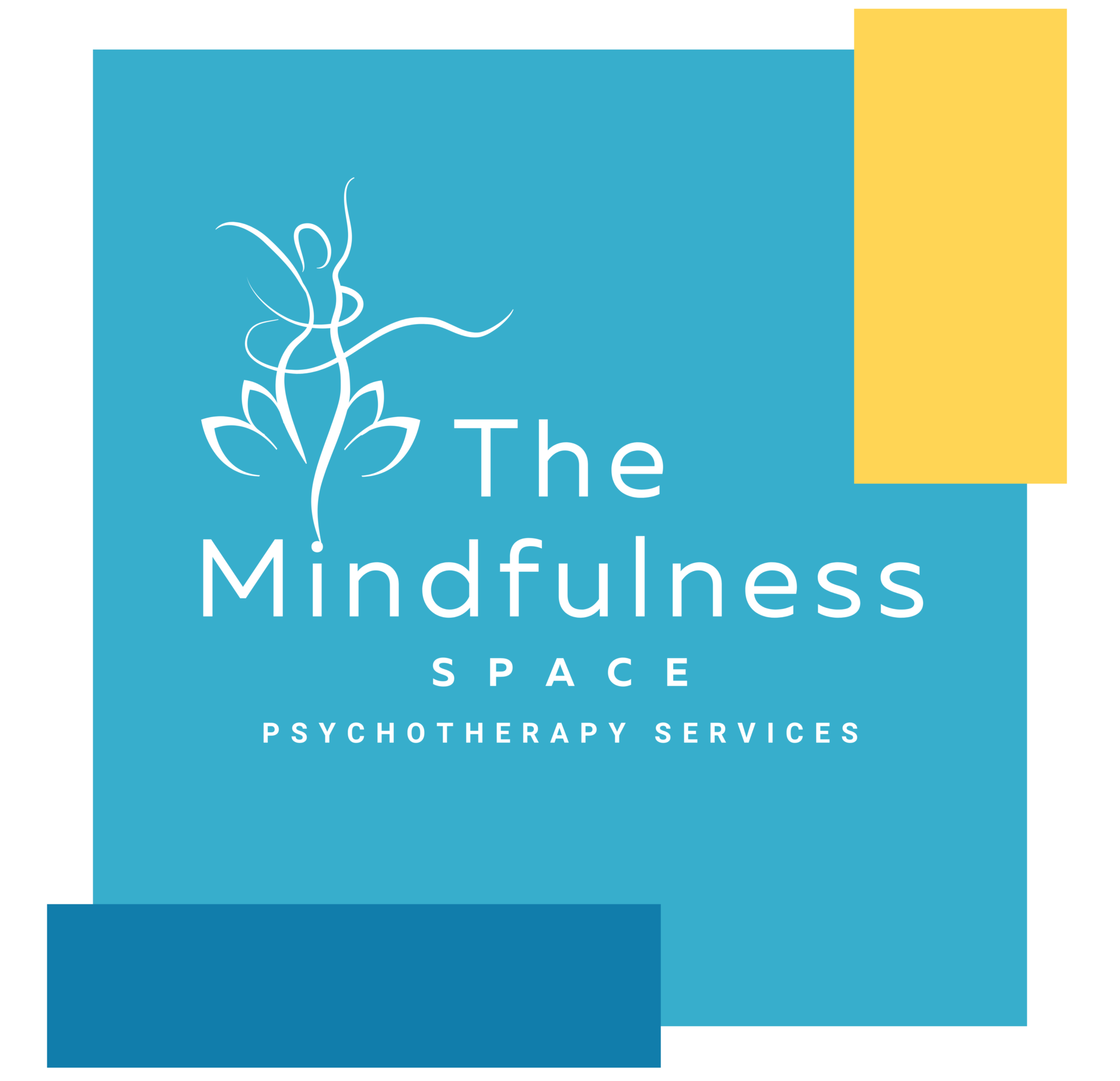Have you ever experienced a romantic partner, parent, spouse or relative who constantly criticizes or belittles your appearance? Maybe they’re always bringing up your weight, or constantly trying to police your behaviors around food, such as what foods you eat, when you eat them, or how much you eat? Perhaps, you’ve even tried to confront this individual regarding their abusive ways, or attempted to appease them, only to be met with gaslighting, emotional invalidation, or the pain of being discarded by the individual once you no longer serve their needs. For many of us, our unhealthy relationships with food and our bodies can be traced back to being the victims of narcissistic abuse.
What is Narcissistic Abuse?
Narcissistic abuse is a form of abuse that can be physical, verbal, psychological or emotional in nature and is inflicted by individuals with Narcissistic Personality Disorder (NPD) or NPD traits upon their victims, who are often close relatives, spouses, intimate partners, or even their own children! This form of abuse occurs when someone with NPD traits uses tactics such as manipulation, gaslighting, criticism, and emotional or verbal abuse to assert power and control over their victims, usually for reasons that are ultimately aligned with fulfilling their own personal gains.
As a therapist who treats client’s with histories of disordered eating behaviors, as well as anxiety and dissatisfaction surrounding their bodies, I find that underlying trauma stemming from narcissistic abuse at the hands of a parent, spouse, intimate partner or close relative is often at the root of many client’s detrimental relationships with food and their bodies.
What is Narcissistic Personality Disorder?
According to the DSM-5, Narcissistic Personality Disorder is characterized by the following key traits:
Am I Dating a Narcissist?
Take the Quiz Here!

A pervasive pattern of grandiosity, a need for admiration and a lack of empathy for others. These characteristics often show up in in early adulthood and present in a variety of contexts.
More detailed examples of these traits include:
- Having a grandiose sense of self-importance., i.e. exaggerating achievements and talents, or expecting to be recognized as superior without commensurate achievements.
- Having a preoccupation with fantasies of unlimited success, power, brilliance, beauty, or ideal love.
- Possessing a belief of being special or unique and can only be understood by or associate with other special or high-status people.
- Having a need for excessive admiration, including a constant need for praise, attention, and admiration from others.
- Possessing a strong sense of entitlement and expecting to receive special treatment or having unreasonable expectations of favorable treatment or compliance with the narcissist’s expectations.
- Displaying interpersonally exploitative behaviors, such as taking advantage of others to achieve their own goals without regard for the impact on others.
- Showing a lack of empathy and being unwilling or unable to recognize or identify with the feelings and needs of others.
- Often being envious of others or believe that others are envious of them.
- Display arrogant or haughty behaviors or attitudes, such as attitudes of superiority, arrogance, or condescension towards others.
It’s important to remember that these traits must be consistent and pervasive across a range of situations and must lead to significant impairment in social, occupational, or other important areas of functioning. Additionally, the symptoms cannot be better explained by another mental health disorder, substance use disorder, or medical condition.
Narcissistic Abuse and Eating Disorders: The Connection
Because the traits and characteristics of narcissists include having a very inflated sense of self-importance, self-entitlement, and a constant need for the admiration of others in order to appease their sense of grandiosity, it’s not uncommon for a narcissist to view their children, spouse, intimate partners, or others, not as individuals, but merely as accessories to their own objectives. In other words, somebody they can control, exploit and manipulate for their own personal gain. This can look like viewing their spouse, partners, or even children as a means to an end or way to boost their own ego.
Because narcissists often place high value on superficial characteristics like physical attractiveness as a means of gaining admiration, validation from others, and showing superiority, they may spend excessive time and energy on grooming, dieting, and exercise to maintain or enhance their own physical appearance.
Furthermore, they often project their own internal insecurities on others around them. This may look like being overly fixated on a child, partner, spouse, or other family member’s physical appearance, which may include things like weight, size, shape, physical features, etc., as they are merely seen as a representation of the narcissist. This fixation may be vaguely disguised as concern for the other individual’s health or wellbeing, but these “concerns” are almost always rooted in the narcissist’s own needs to be praised and admired by others.
If the victim’s appearance falls outside of what the narcissist considers acceptable, which is usually aligned with society’s traditional standards of beauty, a person who possesses NPD traits may try to change, shame or punish the victim for not meeting expectations aligned with the abusers ideal standards of beauty.
This can result in verbal abuse, including name-calling, belittling, or constantly bringing up one’s appearance, even when they know it’s a sensitive subject for the victim. They may even result to emotional abuse and manipulation, such as using isolation or withholding affection from their victim as a form of “punishment” for not complying with their wishes. More atrociously, in some cases, they may result to using physical harm against their victim.
In the case of narcissistic abuse being displayed by parents, it’s important to remember that the abuse does not have to be directed specifically towards the child of the abuser to inflict long lasting harm, such as internalized self-hatred of one’s body or appearance. In many cases, abuse may be directed towards the abuser’s partner, but witnessed and internalized by the child.
How do we Protect Ourselves from Becoming a Victim of Narcissistic Abuse?
It’s important to remember that often, our interactions with individuals who show characteristics of narcissistic abuse are largely outside of our control. Especially if it’s a parent or relative. Even as it relates to romantic or intimate partner relationships, in many cases, the abuser may do a very good job of initially gaining our trust and affection. With that being said, there are a few steps we can take in order to facilitate feelings of safety and protect our own physical and emotional well-being:
- Recognize the abuse by acknowledging that you are in an abusive situation and that the behaviors of the narcissist are NOT acceptable or justified! Understand that you are NOT to blame for the abuse and it’s not your fault. Acknowledge that the comments and behaviors directed towards you regarding your appearance are harmful and unacceptable! Understand that the abusers words were intentionally weaponized to cause harm and suffering and are not a reflection of your own worth or value as a person.
- If you’re in immediate danger or feel unsafe, develop a safety plan to exit the situation if feasible! This may involve seeking help from law enforcement or a trusted person, finding a safe place to stay, such as a shelter, or reaching out to a domestic violence hotline for support. If possible, limit or cut off contact with the narcissistic person who’s perpetuating the abuse. It’s important to only exit an abusive situation if you feel safe doing so, and if exiting will not escalate the situation, leading to more harm or possible retaliation from the abuser.
- If you’re unable to exit the situation, set firm boundaries, but only if you feel safe doing so! Establish clear boundaries with the narcissistic individual regarding discussions and comments about your appearance. Let them know that their remarks are hurtful, unacceptable, and insist on being treated with respect.
- Surround yourself with supportive people by seeking out friends, family members, or a therapist who can provide validation, emotional support, and encouragement. Surrounding yourself with people who uplift and affirm you, can help counteract the negative messages from the narcissistic abuser.
- Practice self-acceptance by focusing on accepting and embracing your body exactly as it is, without judgment or criticism! Remember that beauty comes in all shapes, sizes, and forms, and your worth is not determined by your appearance. Recognize and challenge any negative self-talk, beliefs or thoughts you may have internalized as a result of the abuse. Practice self-compassion and remind yourself that you are worthy and deserving of love and acceptance, regardless of your appearance.
Am I Dating a Narcissist?
Take the Quiz Here!

Do you need guided support surrounding healing from disordered eating and body shame that are the result of narcissistic abuse? The Mindfulness Space is here to help!
Stefanie Lawson is a licensed therapist with nearly a decade of clinical experience and owner of The Mindfulness Space therapy in Greensboro North Carolina, where she maintains specialized education and training in treating the underlying depression, anxiety, stress or unresolved trauma that often leads to eating disorders and issues concerning body image dissatisfaction (i.e. Body Dysmorphic Disorder) in adults and transitional aged teens (older teenagers who are transitioning into adulthood).
Schedule your free 30 minute consultation call with The Mindfulness Space today to learn more about how we can help you!









